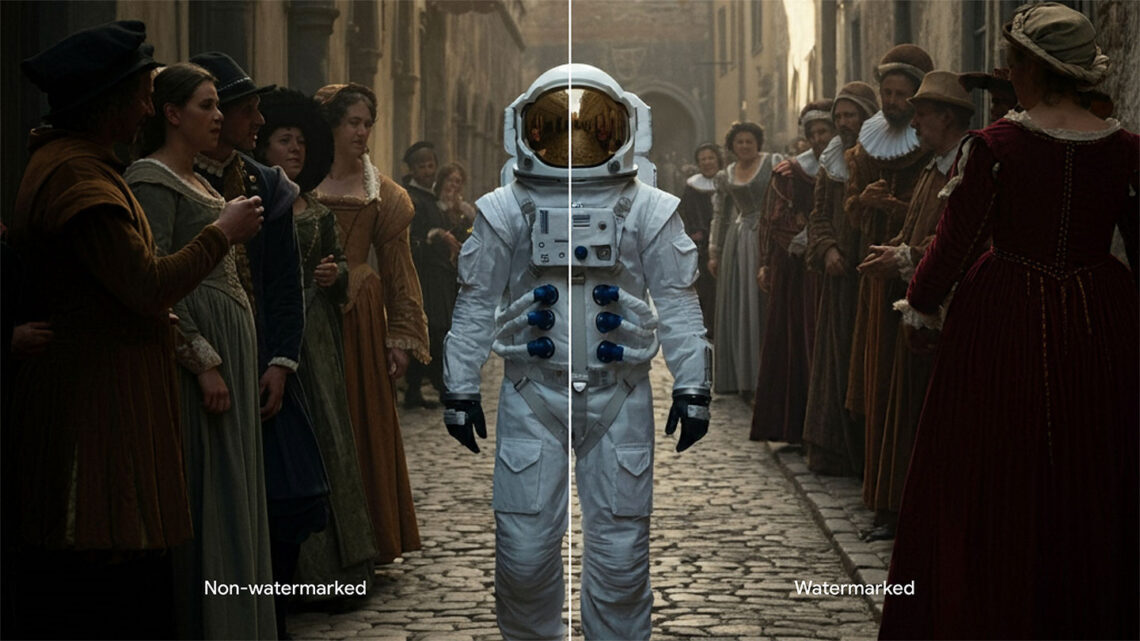artificial intelligence: A type of knowledge-based decision-making exhibited by machines or computers. The term also refers to the field of study in which scientists try to create machines or computer software capable of intelligent behavior.
bot: (short for web robot) A computer program designed to appear that its actions come from some human. The goal is to have it interact with people or perform automated tasks such as finding and sharing online information through social-media accounts.
chatbot: A computer program created to seemingly converse with human users. Modern ones (such as Siri, Alexa, Ocelot and Sprinklr) can retrieve information over the internet about news events or classroom topics. Many even work as digital assistants to answer questions about purchases, products or scheduling on behalf of stores, pharmacies or banks.
code: (in computing) To use special language to write or revise a program that makes a computer do something. (n.) Code also refers to each of the particular parts of that programming that instructs a computer’s operations.
colleague: Someone who works with another; a co-worker or team member.
fruit: A seed-containing reproductive organ in a plant.
generative AI: A class of artificial-intelligence models that use deep learning and neural networks to generate — create — texts, pictures, audio, computer code or video in response to a user’s request.
media: A term for the ways information is delivered and shared within a society. It encompasses not only the traditional media — newspapers, magazines, radio and television — but also digital outlets, such as Twitter, Facebook, Instagram, TikTok and WhatsApp. The newer, digital media are sometimes referred to as social media. The singular form of this term is medium.
model: A simulation of a real-world event (usually using a computer) that has been developed to predict one or more likely outcomes. Or an individual that is meant to display how…
Read the full article here





